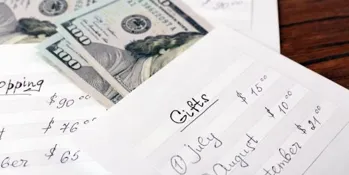- Quick Summary
- Set Personal Finance Goals for Your Financial Future
- Build a Budget and Stick to It
- Maintain a Sound Credit Score and Credit History
- Establish an Emergency Fund
- Pay Off Credit Card Debt ASAP
- Open an Online Savings Account
- Open a CD
- Open an IRA
- Read Finance Books
- Invest in the Stock Market
- Open a Money Market Account
- Opt into a 401K Plan
- Don’t Succumb to Lifestyle Inflation
- Buy Disability Insurance
- Start a Life Insurance Policy
- Conclusion

- Quick Summary
- Set Personal Finance Goals for Your Financial Future
- Build a Budget and Stick to It
- Maintain a Sound Credit Score and Credit History
- Establish an Emergency Fund
- Pay Off Credit Card Debt ASAP
- Open an Online Savings Account
- Open a CD
- Open an IRA
- Read Finance Books
- Invest in the Stock Market
- Open a Money Market Account
- Opt into a 401K Plan
- Don’t Succumb to Lifestyle Inflation
- Buy Disability Insurance
- Start a Life Insurance Policy
- Conclusion
Most people in their 20s or 30s don’t think about finances. But this is a critical time to start acquiring good financial habits and making smart money moves through proper financial planning. What you do or don’t do today affects more than paying a credit card bill on time; it could prevent you from buying a home or retiring early. Here are 15 smart financial moves every 20-something should make now.
1. Set Personal Finance Goals for Your Financial Future

Sit down and write out your financial goals. They may be small, like paying off a credit card bill, or large, like buying a house. If you have goals, working on your finances will be much easier. You won’t get frustrated and think why am I doing this? You’ll be focused on achieving financial success.
2. Build a Budget and Stick to It
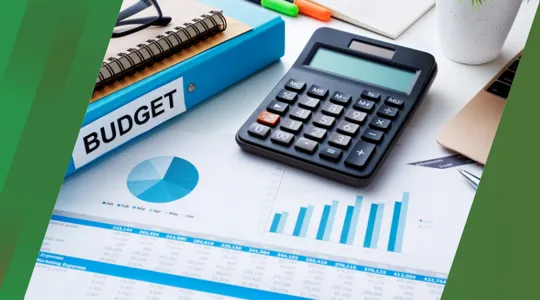
Knowing your income and how much you spend monthly goes a long way toward being financially sound. It’s the foundation for your financial future. Write down every dollar you have coming in and every expense you have, tracking them through your bank account (don’t forget that daily coffee). Make sure they balance out and you have some left for savings. If you’re living paycheck to paycheck, a budget will help show you why.
3. Maintain a Sound Credit Score and Credit History
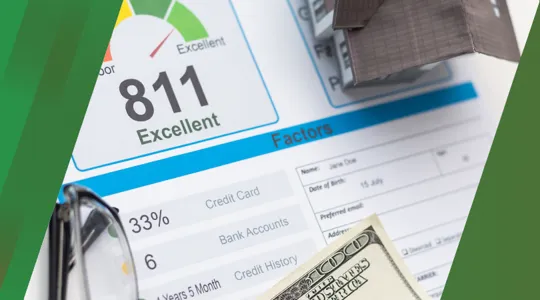
You’re blocked from the best financial products without a good or excellent credit score. Instead of low interest on that car loan or credit card, you’ll be forced to pay more. You may not even qualify for a loan. If you don’t have a credit history, try to get a card, even if it’s high-interest, and pay it off monthly. This will give you a positive payment history, which will be reflected in your credit report.
4. Establish an Emergency Fund

Before you do anything, start socking away a few dollars out of every paycheck for your emergency fund to build good money habits. That way, you’re not hit hard if you need car repair or incur other unexpected expenses. You should have three to six months of your monthly salary in your emergency fund. Even if you only save $25 a week, it adds up over a year. Skip that weekly movie, or don’t get takeout one day a week.
5. Pay Off Credit Card Debt ASAP
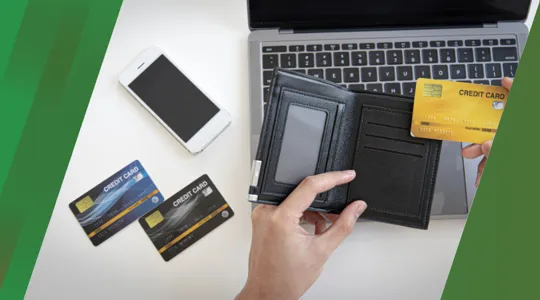
If you have a high balance on a credit card or cards, start chipping away at them with a clear debt repayment plan. Try to double up and pay the one with the smallest balance first. Once that’s paid, double up on the next one…and so on. Letting a credit card balance remain high steals your money through the interest you end up paying. Avoid using credit cards for other large purchases such as a down payment until you have the funds available.
6. Open an Online Savings Account

Take your emergency fund and deposit it in an online bank savings account. These are usually high-yield and will pay more interest than a traditional bank. For example, the average traditional bank savings account offers 0.45% APY, while an online bank will offer up to five percent APY, helping you ensure you have enough money for your financial goals.
7. Open a CD
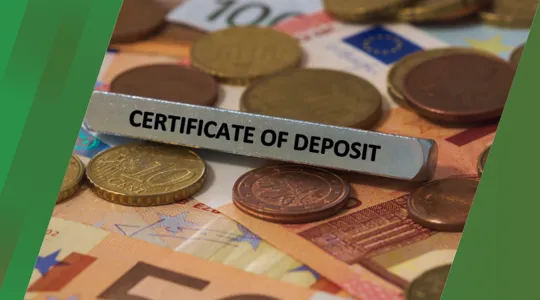
Open a high-yield certificate of deposit (CD). It's like a savings account with better interest rates. Depending on your choice, you will deposit money and keep your money in a CD for one year or more. The longer you keep the money in a CD, the more interest you'll earn.
8. Open an IRA
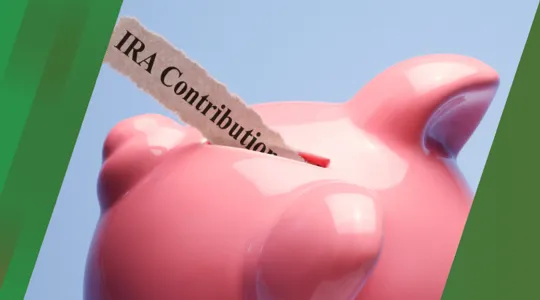
It’s never too early to consider retirement savings and an Individual Retirement Account (IRA). Is a great way to save. You can open a Traditional IRA for tax advantages while you’re young, or open a Roth IRA for tax-free withdrawals when you retire, benefiting from compound interest over time.
9. Read Finance Books
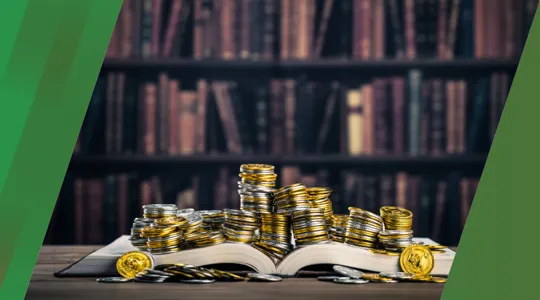
When it comes to finances, we’re really talking about your future. Take the time to learn about it. Read finance books so that you’ll understand and make the right moves. Let's face it: You studied for college; your finances are just as important for your future.
10. Invest in the Stock Market

You might want to consider investing once you’ve established your emergency fund as one of the smart money moves. You can use your money to build wealth depending on your financial goals and risk tolerance. Do some research into the different assets available. Ensure you diversify your investments. You can invest through apps like Robin Hood.
11. Open a Money Market Account

A money market is a blend of savings and checking accounts. It gives you the potential to earn a high interest rate. You'll still have easy access to your money so you could use it for a down payment in the future or for other large expenses that come in like car repairs, medical bills, or a vacation. But you can only take the money out at the agreed amount of times yearly.
12. Opt into a 401K Plan
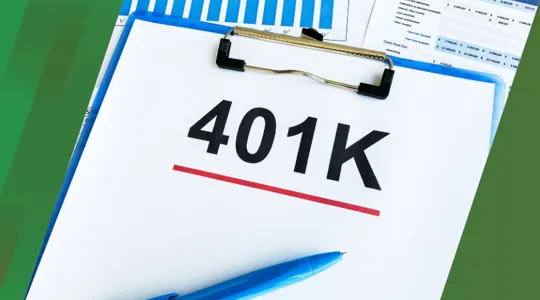
If your company offers you a 401(k) plan, ensure you opt into it for your retirement savings. You’ll be contributing pre-taxed dollars, bringing your taxable income down. That’s less money for the IRS. If your company matches contributions, at least contribute enough to take advantage of the match. That’s free money.
13. Don’t Succumb to Lifestyle Inflation
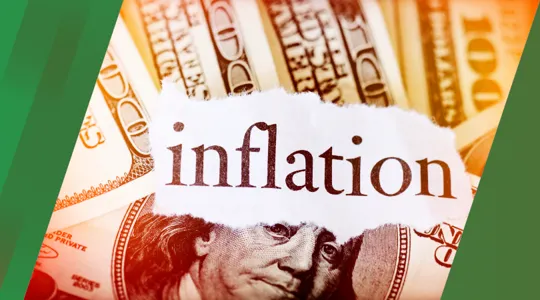
Just because your income grows and you have your emergency fund built up, it doesn’t mean your spending needs to grow; maintaining a modest lifestyle is one of the smart money moves you can make. If you're able to control your spending habits, you'll have more money saved and be able to invest more. If you keep your expenses low and your investments high you’ll have a substantial portfolio for future needs.
14. Buy Disability Insurance
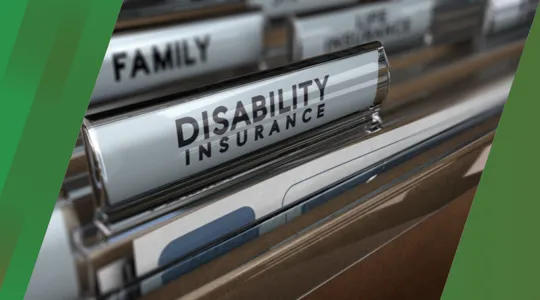
When you're young, you feel invincible, but a bad car accident or illness could prohibit you from working indefinitely. You'll still have bills to pay. Disability insurance pays you when you can't work. It'll help keep your lifestyle intact if something terrible happens.
15. Start a Life Insurance Policy
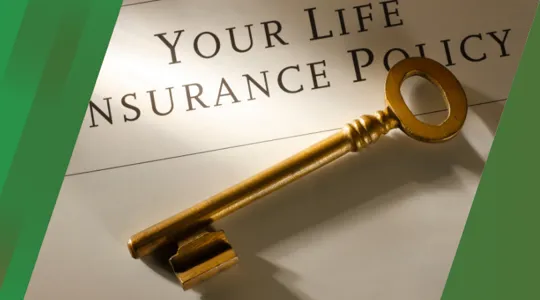
You may not have dependents, but securing a life insurance policy when you're young will lock in a lower rate. If you own a business, you'll want key-person life insurance to safeguard your company if something happens to you.
Conclusion
Nobody thinks about money until they don’t have it. Start thinking about your finances both for the moment and for the future. Establishing good habits now will ensure your financial independence and financial freedom for years.



